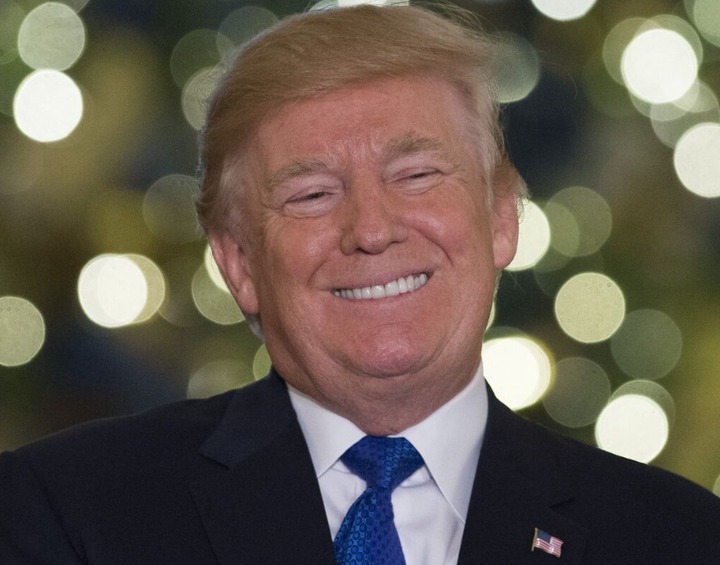Chutkan Order Denying Presidential Immunity In Trump J6 Case Officially Vacated After SCOTUS Ruling

Photo: Saul Loeb/AFP/Getty Images
New details surrounding the January 6 case against former President Donald Trump paint a complex legal picture. With the Supreme Court’s ruling in early July that presidents have immunity for certain official acts, the case has sparked debates about the boundaries of executive power and accountability.
According to reports by The Post Millennial on Friday, August 2, 2024, in a significant move, the Supreme Court has sent the case back down to the US Court of Appeals for the District of Columbia Circuit for further proceedings. The court’s order vacated the previous judgment and directed that the case be revisited in light of the opinion.
This decision follows a 6-3 ruling on July 1, affirming a former president’s absolute immunity for core constitutional powers but not for unofficial actions. The crux of the matter lies in defining what constitutes official acts by a president.
The Supreme Court emphasized that while presidents are not above the law, they are entitled to presumptive immunity from prosecution for their official acts. This principle aims to safeguard the separation of powers and the independence of the Executive Branch as envisioned by the Framers. Specifically, the court’s opinion raised questions about Trump’s actions related to influencing the Vice President’s oversight of the certification process in his capacity as President of the Senate. The lower court is tasked with assessing whether prosecuting such actions would infringe on the Executive Branch’s authority and functions.
Moreover, the ruling has implications beyond the January 6 case. The Mar-a-Lago documents case, led by special counsel Jack Smith, was initially put on hold awaiting the immunity decision.
However, a subsequent legal twist saw the case dismissed by Judge Aileen Cannon, who deemed Smith’s appointment unconstitutional. Similarly, the Georgia election case against Trump is in a state of limbo, with arguments pending on whether the district attorney overseeing the case should be removed.
The legal back-and-forth underscores the challenges of holding a former president accountable while respecting the constraints and prerogatives of the Executive Branch. The intricacies of presidential immunity and the scope of prosecutorial power are at the heart of these legal battles. Looking ahead, the fate of the January 6 case and other related legal proceedings remains uncertain. The decisions made by the DC Circuit and potentially higher courts will shape the future landscape of presidential accountability and the interpretation of executive authority.
As the legal saga continues to unfold, one thing remains clear that the balance between presidential immunity and the rule of law will continue to be a subject of intense scrutiny and debate. These cases highlight the intricate interplay between constitutional principles, legal precedent, and the demands of justice in a democratic society.





